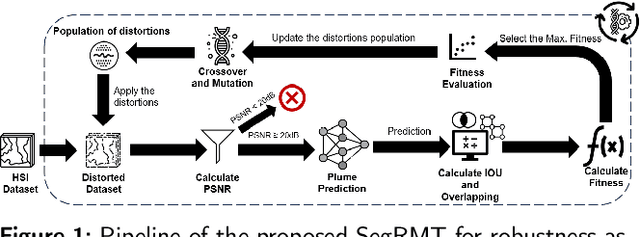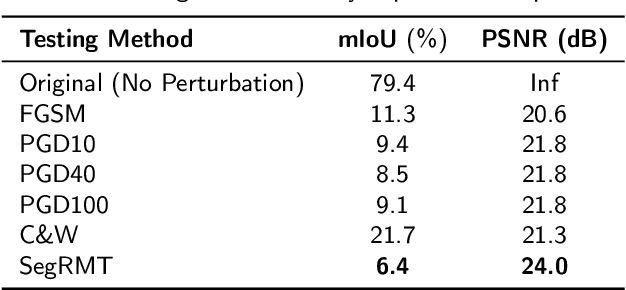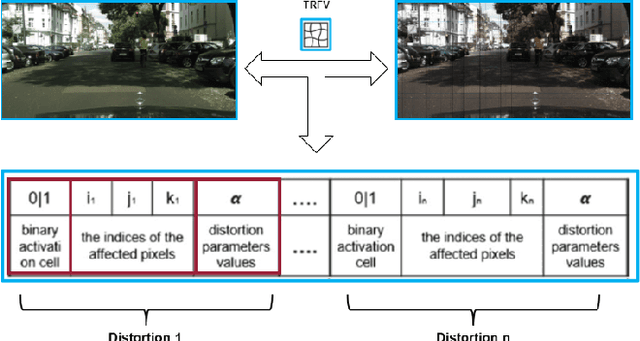Seif Mzoughi
Towards Assessing Deep Learning Test Input Generators
Apr 03, 2025



Abstract:Deep Learning (DL) systems are increasingly deployed in safety-critical applications, yet they remain vulnerable to robustness issues that can lead to significant failures. While numerous Test Input Generators (TIGs) have been developed to evaluate DL robustness, a comprehensive assessment of their effectiveness across different dimensions is still lacking. This paper presents a comprehensive assessment of four state-of-the-art TIGs--DeepHunter, DeepFault, AdvGAN, and SinVAD--across multiple critical aspects: fault-revealing capability, naturalness, diversity, and efficiency. Our empirical study leverages three pre-trained models (LeNet-5, VGG16, and EfficientNetB3) on datasets of varying complexity (MNIST, CIFAR-10, and ImageNet-1K) to evaluate TIG performance. Our findings reveal important trade-offs in robustness revealing capability, variation in test case generation, and computational efficiency across TIGs. The results also show that TIG performance varies significantly with dataset complexity, as tools that perform well on simpler datasets may struggle with more complex ones. In contrast, others maintain steadier performance or better scalability. This paper offers practical guidance for selecting appropriate TIGs aligned with specific objectives and dataset characteristics. Nonetheless, more work is needed to address TIG limitations and advance TIGs for real-world, safety-critical systems.
Evaluating and Enhancing Segmentation Model Robustness with Metamorphic Testing
Apr 03, 2025



Abstract:Image segmentation is critical for applications such as medical imaging, augmented reality, and video surveillance. However, segmentation models often lack robustness, making them vulnerable to adversarial perturbations from subtle image distortions. In this work, we propose SegRMT, a metamorphic testing approach that leverages genetic algorithms (GA) to optimize sequences of spatial and spectral transformations while preserving image fidelity via a predefined PSNR threshold. Using the Cityscapes dataset, our method generates adversarial examples that effectively challenge the DeepLabV3 segmentation model. Our experiments show that SegRMT reduces DeepLabV3's mean Intersection over Union (mIoU) to 6.4%, outperforming other adversarial baselines that decrease mIoU to between 8.5% and 21.7%. Furthermore, when used for adversarial training, SegRMT boosts model performance, achieving mIoU improvements up to 73% on dedicated adversarial datasets and increasing cross-adversarial mIoU to 53.8%, compared to only 2%-10% for other methods. These findings demonstrate that SegRMT not only simulates realistic image distortions but also enhances the robustness of segmentation models, making it a valuable tool for ensuring reliable performance in safety-critical applications.
 Add to Chrome
Add to Chrome Add to Firefox
Add to Firefox Add to Edge
Add to Edge